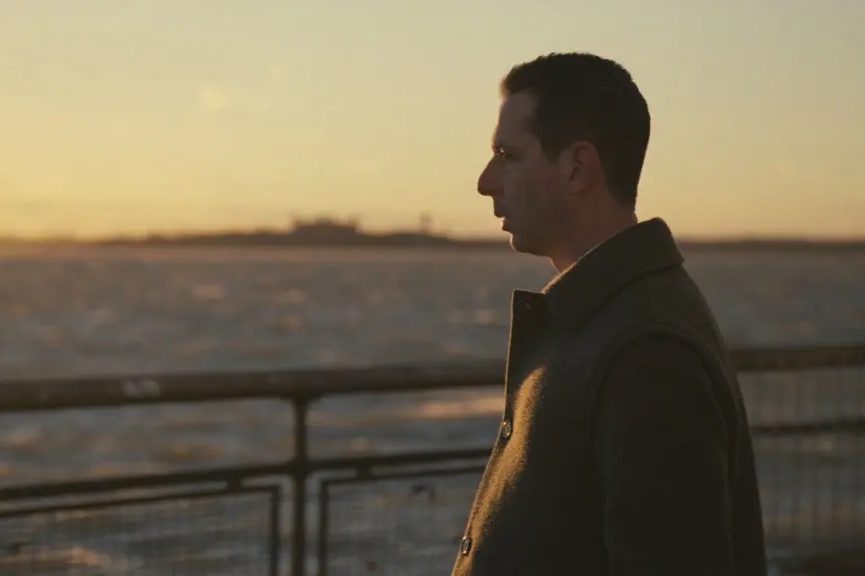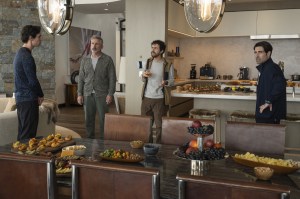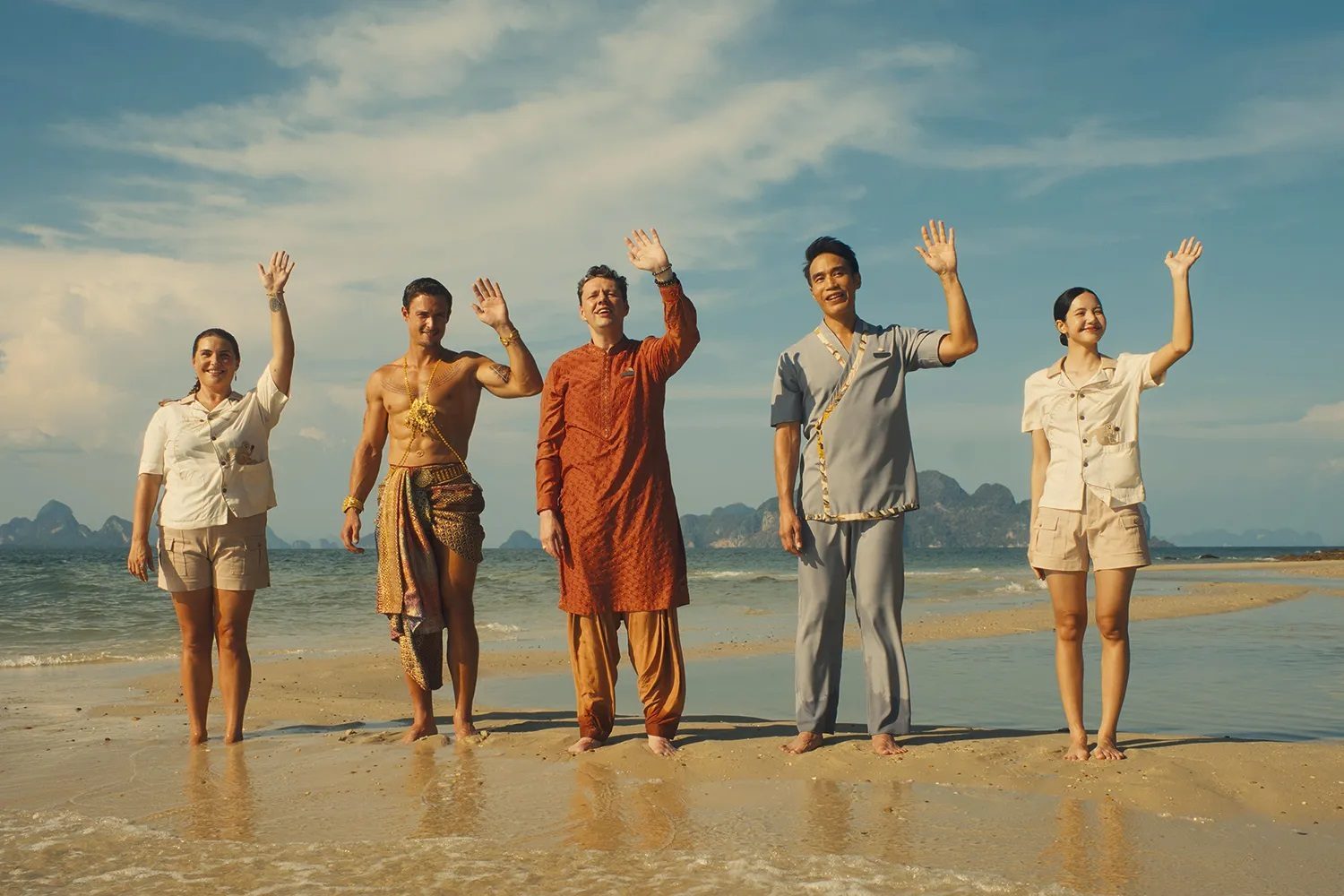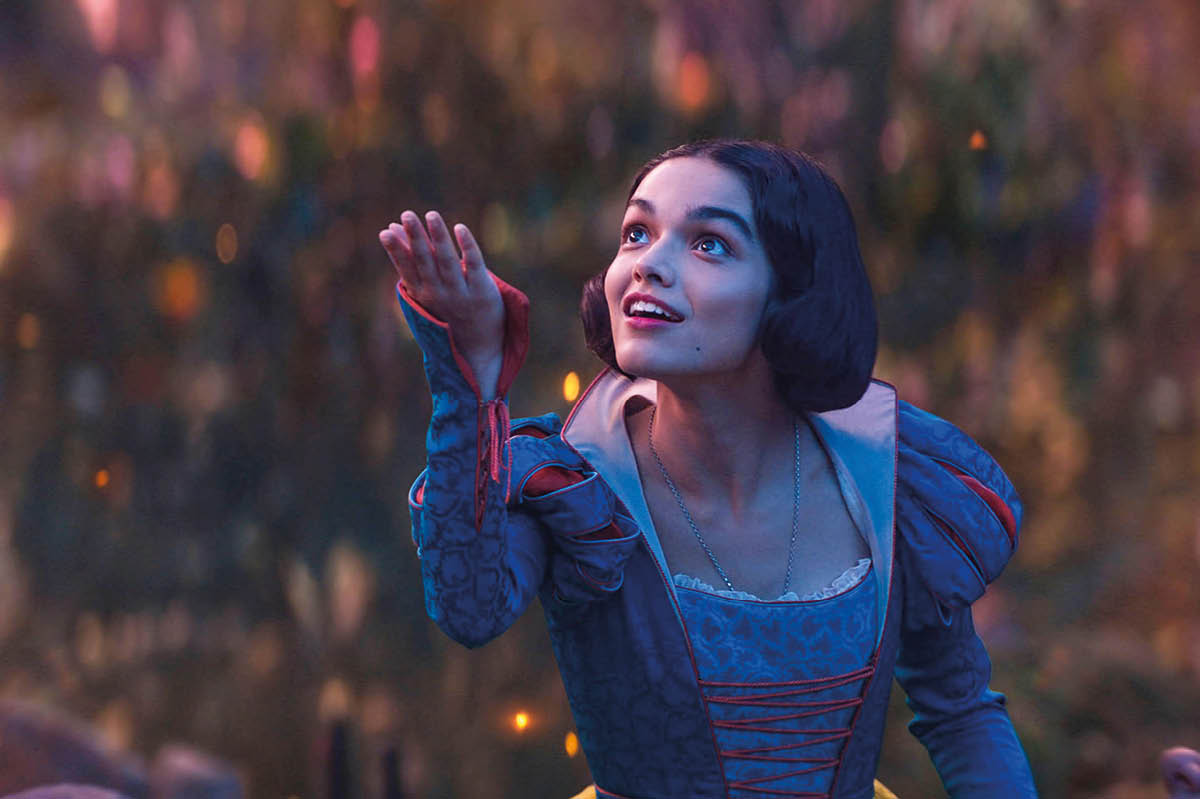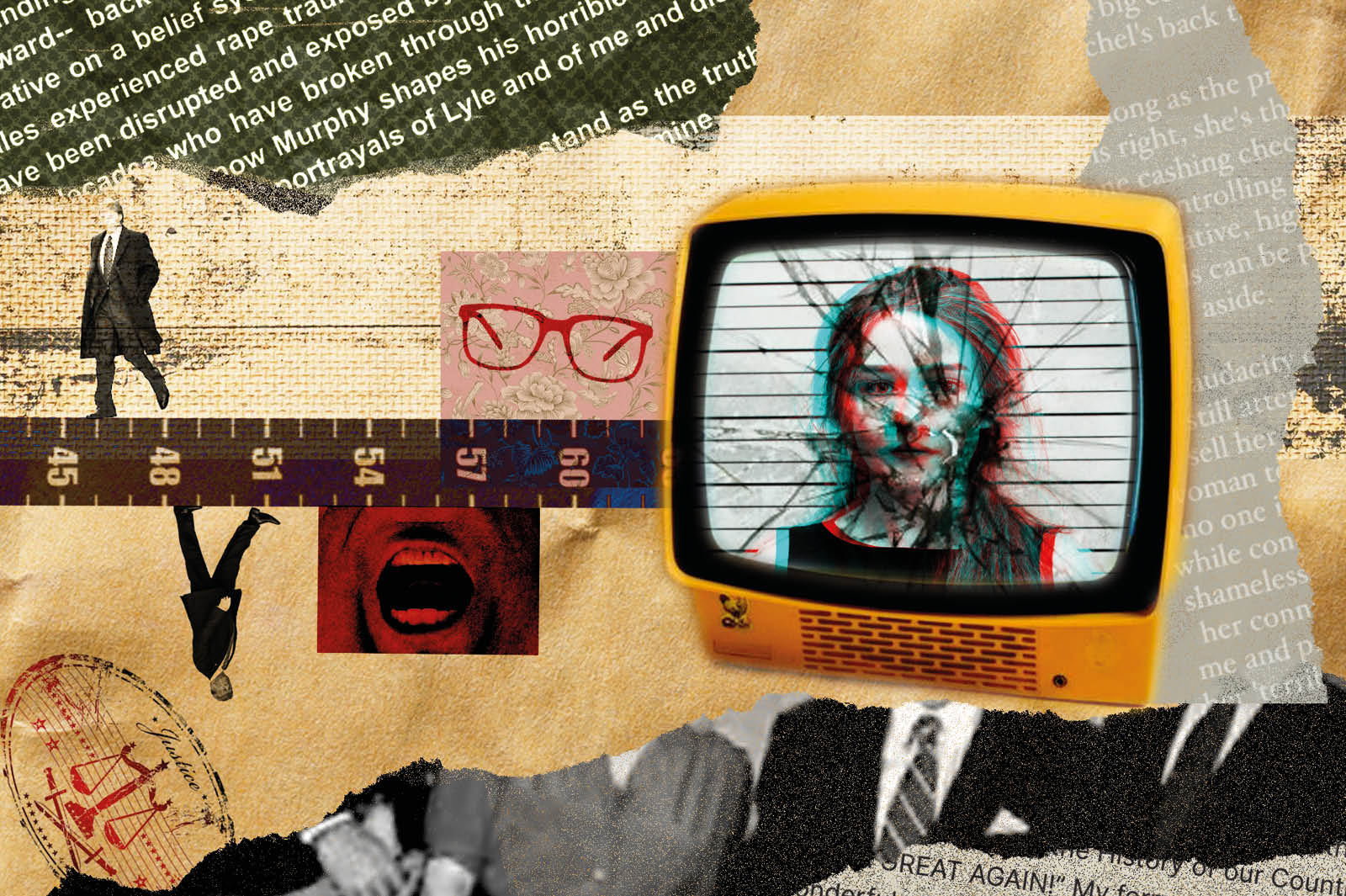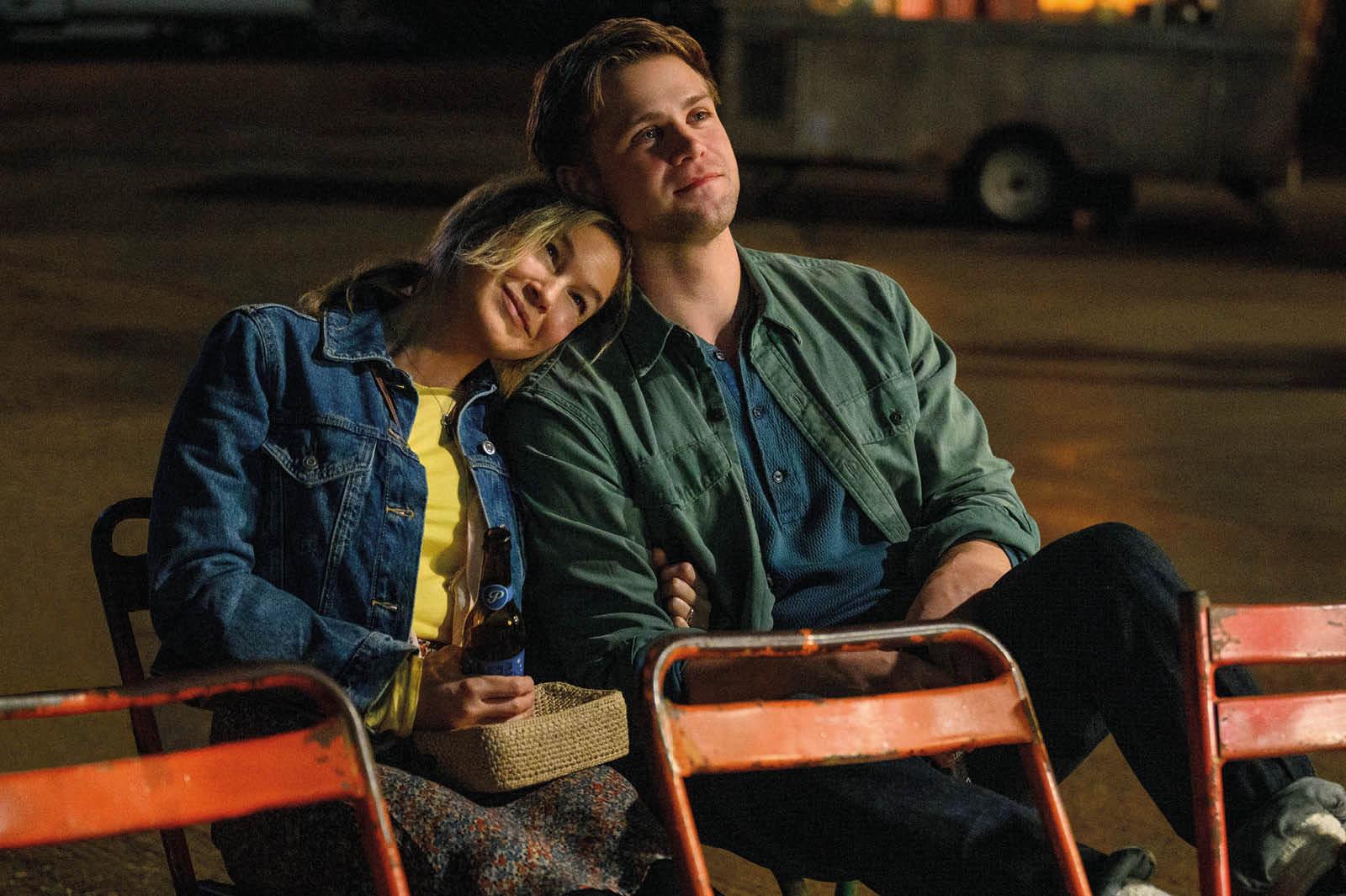The finale of Jesse Armstrong’s show Succession — and it very much is a show where the creator and lead writer is the auteur — has been one of the most anticipated for any series in years. But us aficionados of intelligent long-form television are always primed for disappointment. For every Breaking Bad, which concludes satisfyingly and inspiringly, there is a Game of Thrones, which lazily drops in fan-service tropes and fails to bring any kind of rewarding closure to the show, alienating its audience in the process. So which way did Succession fall?
In truth, there were moments in the fourth and final series where I was beginning to feel that the show had jumped the shark. After the offscreen death of the tyrannical patriarch Logan Roy in the third episode — a brilliant and unexpected development – there was a sense of flounder, of characters repeating actions over and over again. Truth be told, around episode seven, I was even beginning to wonder, for the first time in Succession, if I was really enjoying the antics of the Roy clan any longer. Armstrong’s skill, along with that of his remarkable cast, had always been in eliciting sympathy for these particular devils, but with the demise of the show’s very own Mephistopheles, I had the heretical thought that it had lost something irreplaceable; that it was skidding into the drink, to allude to the ending of season one that saw Kendall responsible for the watery vehicular manslaughter of a young waiter.
Then episode nine rallied spectacularly, with Logan’s funeral and two orations, by James Cromwell’s Ewan and Jeremy Strong’s Kendall, that were so remarkable in both writing and delivery that they will be used as audition pieces by actors for generations to come. And so expectations were suitably high for the show’s send-off, and, thankfully, they were met, by and large. It is no great spoiler to suggest that the Roys’ battle for supremacy would never — could never — end happily, and so it does not. After the patented back and forth and jockeying for position that has now taken up four seasons, the whirligig of fate saw Matthew Macfadyen’s odiously opportunistic Tom Wambsgans promoted to US CEO of Waystar Royco, his attainment of the big gig given on the explicit understanding that he was prepared to be the GoJo supremo Lukas Matsson’s puppet.
The Roy siblings bickered, reconciled, appeared to act as a united front and then Kendall was knifed by his sister in the final moments before he could attain his own goal of becoming CEO, on the grounds she could not believe his competence. Roman left the company behind, bound for a sybaritic life of being a wealthy playboy; Shiv, heavily pregnant with Tom’s child, seemed fated to be stuck in a loveless and grim marriage of convenience with this newly powerful — yet powerless — man. And Cousin Greg, who switched sides at one point in an attempt to ingratiate himself with Kendall, resigned himself to an ongoing life as Tom’s whipping boy, forced into indentured servitude seemingly indefinitely.
Like the British sitcom Peep Show, which Armstrong co-created, the conclusion of Succession denied the characters hope. Even Kendall, who — perhaps thanks to Strong’s powerful performance — has occasionally acted as the show’s moral center, was eventually shown to be as weak and pathetic as he’s always threatened to be, emptily denying his involvement in the death of the waiter three seasons before and pretending that he had talked of it to elicit sympathy. If one was hoping that Succession would end with redemption for its tormented characters, then you’d be disappointed, but it’s not, and has never been, that kind of show. Instead, its chilly, Machiavellian worldview of privilege and the venality of human nature when extreme wealth has removed all moral or ethical responsibility (Kendall is never arrested for the death he is responsible for, let alone charged; the wealthy do things differently, it seems) is simultaneously depressing and thrilling to observe.
It may not have been the show’s funniest episode, or its most dramatic, but it was a finale that Succession truly earned; closer, thank God, to Breaking Bad than Game of Thrones, and this particular throne shows no signs of being usurped by any other challenger.



